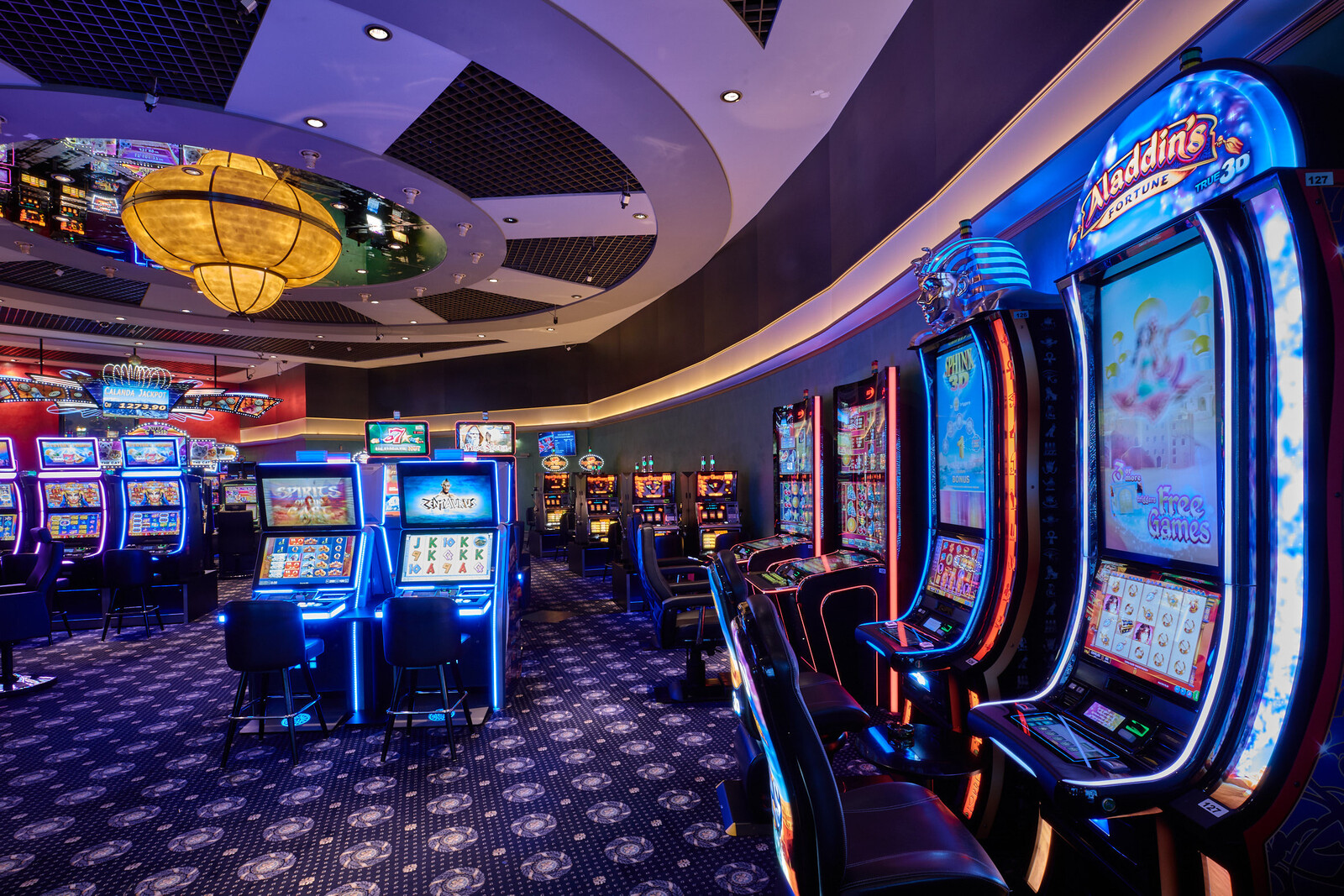
Gambling in casinos has long been a subject of fascination and controversy, drawing in millions of players around the world. With a mix of luck, strategy, and the excitement of risk, casino games offer an exhilarating escape from everyday life. However, as entertainment becomes ever more available, it invites a deeper examination of the ethical implications surrounding these games.
At the heart of the debate lies the issue of whether casinos promote responsible gaming or take advantage of at-risk individuals. The allure of potential winnings versus the reality of losses can create a challenging situation, and understanding this balance is essential for both players and operators. As we delve into the morals of casino gaming, we will explore the duties of casinos, the impact on society, and the steps that can be taken to foster a healthier gaming environment. nohu90
The Impact of Casino Gaming on Society
Gambling in casinos has a considerable influence on the community, affecting not only the financial landscape but also interpersonal dynamics and community structures. The income generated from casinos can lead to job creation and boost local economies, as they provide various employment opportunities in multiple fields including food and beverage, leisure activities, and retail. However, while the financial benefits can be significant, communities often grapple with the possible negative impacts that arise from increased gambling activity.
Moreover, the presence of casinos can lead to an increase in gambling addiction, presenting significant challenges for players and families. The excitement of casino games can quickly evolve into a compulsive habit, affecting personal relationships and leading to monetary issues. Many individuals may struggle with the loss of control over their gambling behaviors, resulting in a need for community support services and interventions to address this increasing issue. The social cost of addiction can ripple through kinships and neighborhoods, creating an urgent need for responsible gaming initiatives.
In addition to the economic and social ramifications, casino gaming often showcases cultural attitudes towards uncertainty and entertainment. It can foster a sense of joy and leisure, attracting tourists and boosting local travel. However, this allure may also mask the wider implications of gambling as a form of entertainment, raising ethical questions about its advertisement and availability. As communities weigh the benefits and drawbacks of casino gaming, the need for responsible practices and oversight becomes increasingly critical in ensuring that the positive aspects are enhanced while reducing the potential harms.
Moral Concerns in Betting Activities
The morality of gambling gaming often center around the risk for dependency and its effects on individuals and families. Gambling can lead to serious monetary distress, impacting not only the betters but also their loved ones. As people become entrapped in the appeal of winning, many lose track of their financial limits, which can result in devastating results such as insolvency. This raises moral questions about the responsibility of casinos in fostering safe gambling practices and providing support for those who may be dealing with gambling addiction.
Another critical concern is the promotion of betting to at-risk populations. Gambling establishments often target low-income people or communities with the promise of quick gains, which can continue cycles of poverty and despair. In this context, the morality of advertising strategies used by gambling establishments come under scrutiny, as they may exploit the desperation of individuals seeking an escape from economic troubles. This exploitation raises ethical questions about the honesty of the betting industry and its responsibility to protect its most vulnerable patrons.
Additionally, the impact of casino gaming on society as a entirety cannot be overlooked. While some argue that gambling establishments create jobs and boost local economies, others point to the social costs associated with dysfunctional gambling, increased crime rates, and a strain on public services. Balancing financial advantages with the risk for community issues presents a challenging moral dilemma for lawmakers and gambling operators alike. The challenge lies in finding a ethical approach that prioritizes the welfare of people and communities while still allowing for the pleasure of casino activities.
Regulatory Structure and Duties
The legal framework pertaining to gambling activities is developed to ensure equity, honesty, and participant protection. Different government entities and gambling commissions create and apply regulations that dictate how casino activities operate, the guidelines for product development, and the processes for handling winnings. These regulations change by region but commonly involve permit requirements for operators and strict measures to avoid cheating and scams.
In addition to regulatory bodies, gaming establishments bear major responsibility in upholding principled standards within their facilities. They must adopt safe gambling practices that support gambler security and education, including offering self-ban options and offering information about the dangers related to gaming. Operators are also accountable for training employees to identify signs of difficult gambling and be aware of the appropriate measures to support patrons in trouble.
Additionally, transparency in gaming operations is essential for gaining and keeping public confidence. Gaming establishments should present clear information about the odds of games, marketing deals, and any connected risks. By promoting an atmosphere of transparency and accountability, operators can help mitigate the likelihood adverse impact of gaming while enhancing the general gaming experience for all participants.
